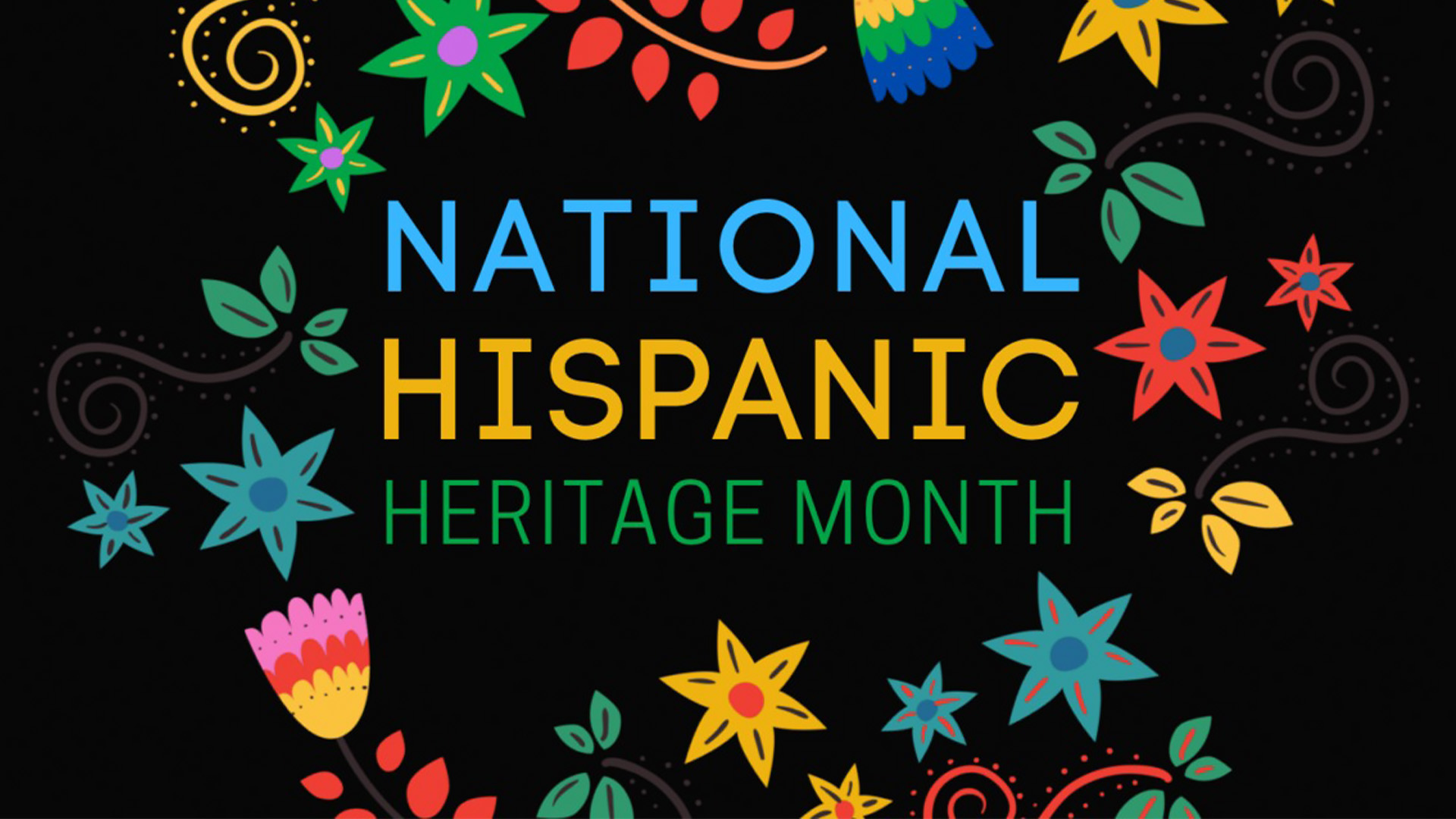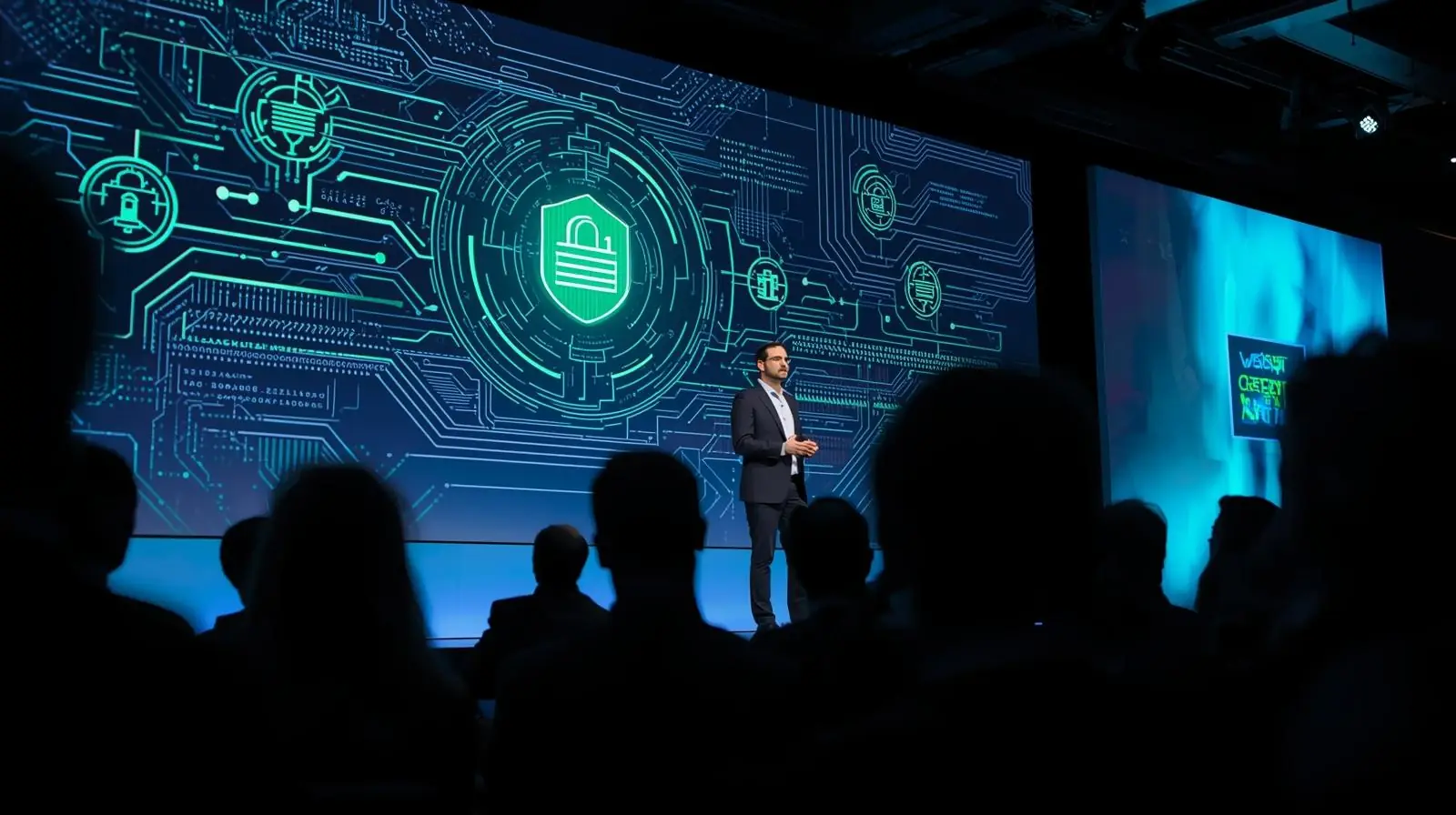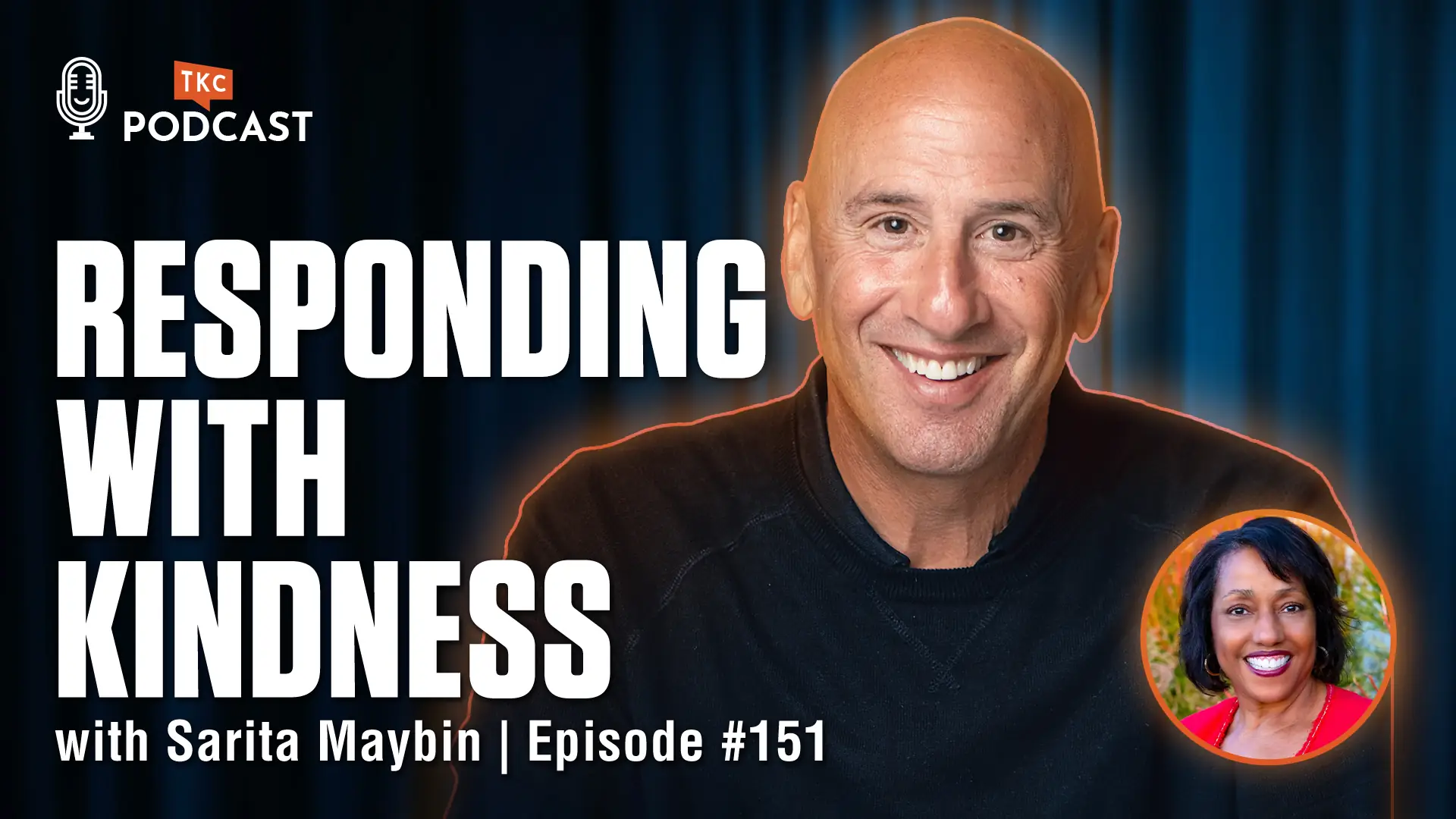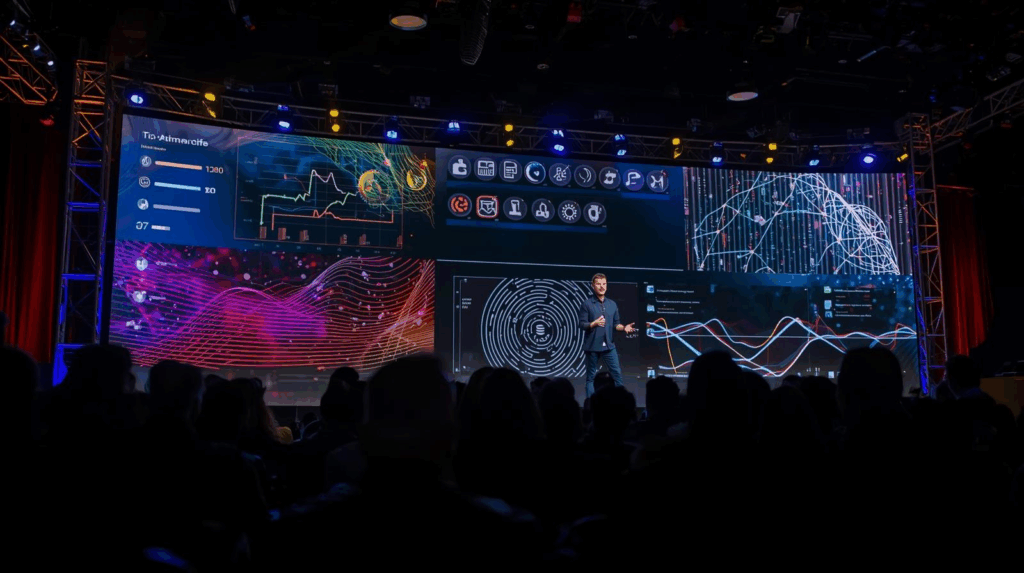
September 16, 2025Celebrating Hispanic Heritage Month with These Keynote Speaker Latino Voices
Hispanic Heritage Month keynote speakers who transform stages with authentic Latino voices, resilience stories, and leadership lessons that last.
Have you ever sat through a Hispanic Heritage Month event that felt more like checking a box than changing minds? Furthermore, I’ve watched too many organizations treat this celebration as a theme rather than what it truly represents—a stage for voices that have been building America since before it was America.
Hispanic Heritage Month runs from September 15 to October 15, and during this time, smart event planners recognize an opportunity that extends far beyond a calendar date. This isn’t about performative diversity or hollow gestures. Instead, it’s about amplifying Latino voices that bring authentic stories of resilience, innovation, and leadership to your audience.
In this comprehensive guide, I’ll share eight exceptional Hispanic Heritage Month keynote speakers who don’t just celebrate their heritage—they transform it into momentum that lasts long after your event ends. Additionally, you’ll discover practical strategies for designing programs that honor Latino contributions while delivering genuine value to your attendees.
The Numbers Behind the Narrative
Before we dive into specific speakers, let’s establish why Hispanic Heritage Month programming matters more than ever. The Latino community represents far more than a demographic—they’re an economic and cultural powerhouse reshaping every sector of American society.
Currently, the U.S. Latino population exceeds 62 million people, driving an astounding $2.8 trillion in GDP. To put this in perspective, if Latino economic output were its own country, it would rank as the world’s fifth-largest economy. Moreover, this community represents the youngest, fastest-growing demographic across technology, media, politics, healthcare, and beyond.
Latino-owned businesses are launching at unprecedented rates, growing by 34% over the past decade compared to just 1% for all other groups. They’re not merely contributing to the economy—they’re fundamentally redefining it. Meanwhile, nearly one in five college students in the U.S. is Latino, marking a historic high that signals the future of American leadership and innovation.
These statistics aren’t just numbers on a spreadsheet. They represent lived experiences, breakthrough moments, and leadership lessons that can profoundly impact your audience. Consequently, the speakers I’m about to share don’t just represent Hispanic heritage—they embody the transformation happening across American business and culture.
Understanding Identity in Latino Communities
When planning Hispanic Heritage Month events, one crucial consideration involves language and identity. Some individuals prefer “Hispanic,” emphasizing cultural and linguistic ties to Spain, while others align with “Latino/a,” highlighting connections to Latin America. You’ll also encounter “Latinx,” “Latine,” or specific national identities like Mexican-American, Puerto Rican, or Dominican.
The key principle here? Ask, don’t assume. Respect goes much further than jargon, and getting names and pronunciations right demonstrates genuine care for your speakers and audience members. Throughout this piece, I’ll use “Latino” as an inclusive term while acknowledging that identity remains deeply personal.
This attention to language reflects a broader truth about effective Hispanic Heritage Month programming. Authenticity begins with details—from correct pronunciation to understanding cultural nuances that make your event feel genuine rather than tokenistic.
When Hispanic Heritage Month Meets the Mainstage—Keynote Speakers Who Embody Transformation
Let me introduce you to eight remarkable speakers who transform Hispanic Heritage Month events from obligatory calendar entries into powerful experiences that move audiences to action.
Magie Cook: Rewriting Every Narrative
Born in Mexico and raised in an orphanage, Magie Cook overcame homelessness in the United States to launch a salsa company now sold in major retailers nationwide. Her story exemplifies pure resilience and reinvention, demonstrating how purpose-driven leadership can rewrite any narrative.
Magie’s presentations go beyond inspiration—they provide concrete frameworks for overcoming obstacles and building sustainable success. She’s particularly powerful for sales kickoffs, dei diversity and inclusion initiatives, and culture-forward conversations where teams need to understand how individual stories create collective strength.
What sets Magie apart is her ability to translate personal transformation into business principles. Audiences don’t just hear about resilience—they learn specific strategies for navigating uncertainty, building authentic brands, and creating opportunities where none previously existed.
Mariana Atencio: Authenticity as Competitive Advantage
Award-winning journalist and former MSNBC anchor Mariana Atencio reframes difference as a competitive edge. She connects deeply with audiences through stories of immigration, authenticity, and rising in media as a bilingual Latina in an industry that hasn’t always embraced diverse voices.
Mariana challenges leaders to drop performative personas and show up fully, creating psychological safety where others can do the same. Her approach particularly resonates during times of organizational change, when teams need to navigate cultural differences, or when companies seek to build more inclusive leadership practices.
Her insights prove especially valuable for communication and media organizations, though her message about authentic leadership translates across industries. To get a deeper sense of her storytelling approach, check out her full interview where she discusses breaking barriers in broadcast journalism.
Felipe Gomez: Leadership Through Musical Metaphor
Global business leader and classically trained pianist Felipe Gomez brings the metaphor of music to leadership, innovation, and collaboration. His “Virtuoso” framework helps teams elevate performance by embracing discipline, harmony, and passion.
Felipe’s presentations combine energy, elegance, and practical takeaways that audiences remember long after the event ends. He demonstrates how successful teams, like great orchestras, require individual excellence working in service of collective achievement. This resonates particularly well with organizations undergoing mergers, launching new initiatives, or seeking to improve cross-functional collaboration.
His Latino heritage informs his understanding of rhythm, community, and celebration as essential elements of high-performing cultures. Moreover, his business background ensures that musical metaphors translate into actionable leadership strategies rather than abstract concepts.
Freddie Ravel: The Rhythm of High Performance
Grammy-nominated composer and speaker Freddie Ravel bridges business and music to unlock peak performance. He transforms rhythm, listening, and harmony into practical tools for leadership, diversity, and team alignment.
Backed by performances with Santana and Madonna, Freddie makes strategy sound like an experience. His presentations often include live musical demonstrations that illustrate business principles, making complex concepts immediately accessible and memorable.
Freddie’s approach proves particularly effective for organizations focusing on innovation, creative problem-solving, or building more collaborative cultures. He shows how Latino musical traditions emphasize collective rhythm over individual virtuosity—a lesson that transforms how teams approach everything from project management to storytelling.
Mercedes Ramirez-Johnson: Resilience Under Ultimate Pressure
One of the few survivors of a commercial plane crash, Mercedes Ramirez-Johnson delivers gripping stories of resilience, purpose, and transformation. She speaks on overcoming adversity, leading with humanity, and creating cultures that value both urgency and empathy.
Mercedes’s story stays with audiences long after events end because it demonstrates how extraordinary circumstances reveal fundamental truths about human resilience and community support. Her Latino heritage emphasizes family, faith, and collective strength as resources for navigating crisis.
Her presentations work exceptionally well for leadership development, crisis management training, and resilience-building initiatives. She provides frameworks for making decisions under extreme pressure while maintaining humanity and hope.
Governor Susana Martinez: Bipartisan Bridge-Building
America’s first female Hispanic governor, Susana Martinez, brings real-world lessons in grit, leadership, and bipartisan bridge-building. From running a state to navigating crisis response, she speaks to decision-making under pressure, leading through uncertainty, and staying anchored in values rather than polls.
Susana’s experience provides unique insights into leading diverse coalitions, building consensus across ideological divides, and maintaining integrity in high-stakes environments. Her Latino heritage informed her understanding of community needs while her executive experience demonstrates practical governance strategies.
Her presentations particularly benefit organizations dealing with world affairs, regulatory challenges, or complex stakeholder management situations where principled leadership makes the difference between success and failure.
Sonia Nazario: Storytelling That Ignites Change
Pulitzer Prize-winning journalist Sonia Nazario uses storytelling to ignite policy change and social transformation. Her work gives voice to migrant families, exposing root causes while amplifying empathy across political and cultural divides.
Sonia connects journalism, justice, and leadership in ways that equip teams to lead with context and compassion rather than assumptions. Her approach demonstrates how understanding complete narratives—including uncomfortable truths—enables more effective decision-making and stakeholder engagement.
Her presentations prove invaluable for organizations grappling with societal issues, corporate social responsibility initiatives, or communications strategies that require nuanced understanding of complex social dynamics. As a best selling author and ted speaker, she brings credibility that opens minds to difficult conversations.
Gaby Natale: Breaking Cycles of Limitation
Three-time Emmy-winning journalist, entrepreneur, and one of the few Latinas to own her TV show’s full content rights, Gaby Natale speaks on reinvention, visibility, and audacity, especially for underrepresented groups.
Her “Virtuous Circle” concept provides a roadmap for breaking cycles of limitation and sparking high-agency cultures that build what hasn’t existed yet. Gaby’s success in media ownership demonstrates how Latino entrepreneurs are creating new pathways rather than waiting for existing institutions to change.
Her presentations resonate strongly with women leaders and organizations focused on innovation, entrepreneurship, or building more inclusive leadership pipelines. She shows how individual breakthroughs create systemic change that benefits entire communities.
Designing Programs That Transform Rather Than Perform
Now that you understand the caliber of speakers available for Hispanic Heritage Month events, let’s explore how to design programs that create lasting impact rather than fleeting inspiration.
Effective Hispanic Heritage Month programming begins with context and ends with action. Open your events by explaining why this celebration matters now, then provide specific conversations to host and practices to implement immediately. This approach transforms passive observation into active engagement.
Consider inviting local voices to complement your keynote presentations. Pair national speakers with fireside chats featuring Latino leaders from your company or community. This combination provides both inspiration and practical application while demonstrating your organization’s commitment to ongoing representation rather than token gestures.
Make insights tangible by translating stories into specific changes in hiring practices, mentorship programs, product development, or team culture. One new behavior consistently implemented creates more impact than ten slogans displayed on conference room walls. Focus on actionable takeaways that audiences can implement within their first week back at work.
Honor names and language throughout your events. Invest in bilingual assets, ensure correct pronunciation of speaker names, and acknowledge cultural nuances that demonstrate genuine respect. These details might seem small, but they send powerful signals about your organization’s commitment to authentic inclusion.
Sustaining Momentum Beyond October 15th
The most successful Hispanic Heritage Month initiatives create ongoing momentum rather than temporary celebration. Instead of treating this as an isolated event, develop quarterly spotlights, manager discussion prompts, and shared learning moments that maintain visibility throughout the year.
Create accountability by establishing specific metrics for inclusive leadership development, diverse supplier relationships, or community partnership initiatives that extend well beyond heritage month programming. This approach demonstrates that your commitment to Latino voices reflects strategic priorities rather than calendar obligations.
Document stories, insights, and commitments made during heritage month events, then follow up with progress updates that show continued investment in the relationships and principles you’ve celebrated. This consistency builds trust and credibility that makes future programming even more impactful.
Additionally, consider partnering with Latino professional organizations, community groups, or educational institutions to create ongoing learning opportunities that benefit both your organization and the broader community. These partnerships demonstrate genuine commitment while providing sustainable platforms for continued engagement.
The Ripple Effect of Authentic Representation
When done thoughtfully, Hispanic Heritage Month programming creates ripple effects that extend far beyond your immediate audience. Employees see authentic representation and feel more valued and engaged. Customers notice inclusive marketing and storytelling that reflects their experiences. Community members recognize genuine partnerships rather than performative gestures.
These speakers don’t just share their heritage—they translate it into leadership lessons, business strategies, and cultural insights that improve organizational performance while honoring diverse perspectives. Their presentations demonstrate how inclusive excellence creates competitive advantages in increasingly global markets.
Furthermore, authentic Hispanic Heritage Month programming attracts top talent from underrepresented communities who seek organizations that genuinely value diverse perspectives. In competitive talent markets, this visibility can differentiate your employer brand in meaningful ways.
The speakers I’ve highlighted represent just a fraction of the exceptional Latino voices available for your events. Each brings unique perspectives shaped by their heritage while offering universal leadership lessons that resonate across cultural boundaries.
Creating Conversations That Continue
The ultimate measure of successful Hispanic Heritage Month programming isn’t applause during presentations—it’s conversations that continue long after speakers leave your stage. Effective events plant seeds for ongoing dialogue, relationship building, and systemic change that benefits everyone involved.
Encourage attendees to connect with speakers through social media, professional networks, or follow-up communications that extend learning beyond event timeframes. Provide resources for continued education about Latino culture, history, and contemporary contributions that help build cultural competency throughout your organization.
Create opportunities for employees to share their own heritage stories, family traditions, or cultural insights that enrich workplace relationships while building understanding across different backgrounds. These organic conversations often prove more impactful than formal presentations because they feel personal and immediate.
Consider establishing mentorship programs, affinity groups, or cultural committees that give Latino employees ongoing platforms for leadership development and community building. These initiatives transform heritage month celebration into year-round investment in diverse talent development.
Moving Beyond Celebration Into Representation
The most transformative Hispanic Heritage Month events move beyond celebration into genuine representation that influences decision-making, resource allocation, and strategic planning throughout organizations. This shift requires intentional leadership commitment and measurable accountability that extends well beyond heritage month programming.
Start by examining your organization’s current Latino representation across leadership levels, board composition, supplier relationships, and community partnerships. Use heritage month programming to announce specific commitments for improving representation in areas where gaps exist.
Partner with Latino-serving educational institutions, professional organizations, and community groups to create pipelines for talent development, business partnerships, and community investment that demonstrate ongoing commitment to Latino community prosperity.
Measure success through both quantitative metrics and qualitative feedback that captures the full impact of your programming. Track changes in employee engagement, customer satisfaction, community reputation, and business performance that result from more inclusive approaches to leadership and culture development.
Most importantly, listen to Latino voices within your organization who can provide ongoing guidance about authentic representation versus performative gestures. Their insights will help you avoid common mistakes while building programs that create genuine value for everyone involved.
Your Next Steps Start Now
Hispanic heritage month offers an incredible opportunity to transform your organization’s approach to inclusive excellence while honoring voices that have been building America for centuries. The speakers I’ve shared don’t just represent diverse perspectives—they bring proven frameworks for resilience, innovation, and leadership that can elevate your entire organization.
However, the impact of their messages depends entirely on how you integrate their insights into ongoing organizational practices. Use this month as a launching pad for sustained commitment to Latino representation, community partnership, and inclusive leadership development that creates lasting change.
The choice is yours: treat heritage month as a box to check or leverage it as a platform for transformation that benefits everyone in your organization and community. The speakers, strategies, and insights are available—now it’s time to put them into action.
Ready to transform your next event with authentic Latino voices?
Book a 15-minute call to discuss which speakers align with your organizational goals and audience needs.
Prefer email? Reach out to info@thekeynotecurators.com with your event details and we’ll provide personalized recommendations.
Explore more speakers: Visit thekeynotecurators.com to discover additional inspirational and motivational speakers who can complement your Hispanic Heritage Month programming.
Stay connected: Subscribe to our newsletter for ongoing insights about inclusive event programming and speaker recommendations.
Looking for additional programming support? Consider speakers who specialize in moderator, host, and emcee services to ensure seamless event flow that honors both celebration and education throughout your Hispanic Heritage Month programming.
Discover More Insights
Get in TouchContact US
Fill out the form so we can best understand your needs.
A representative from The Keynote Curators will reach out to you.








